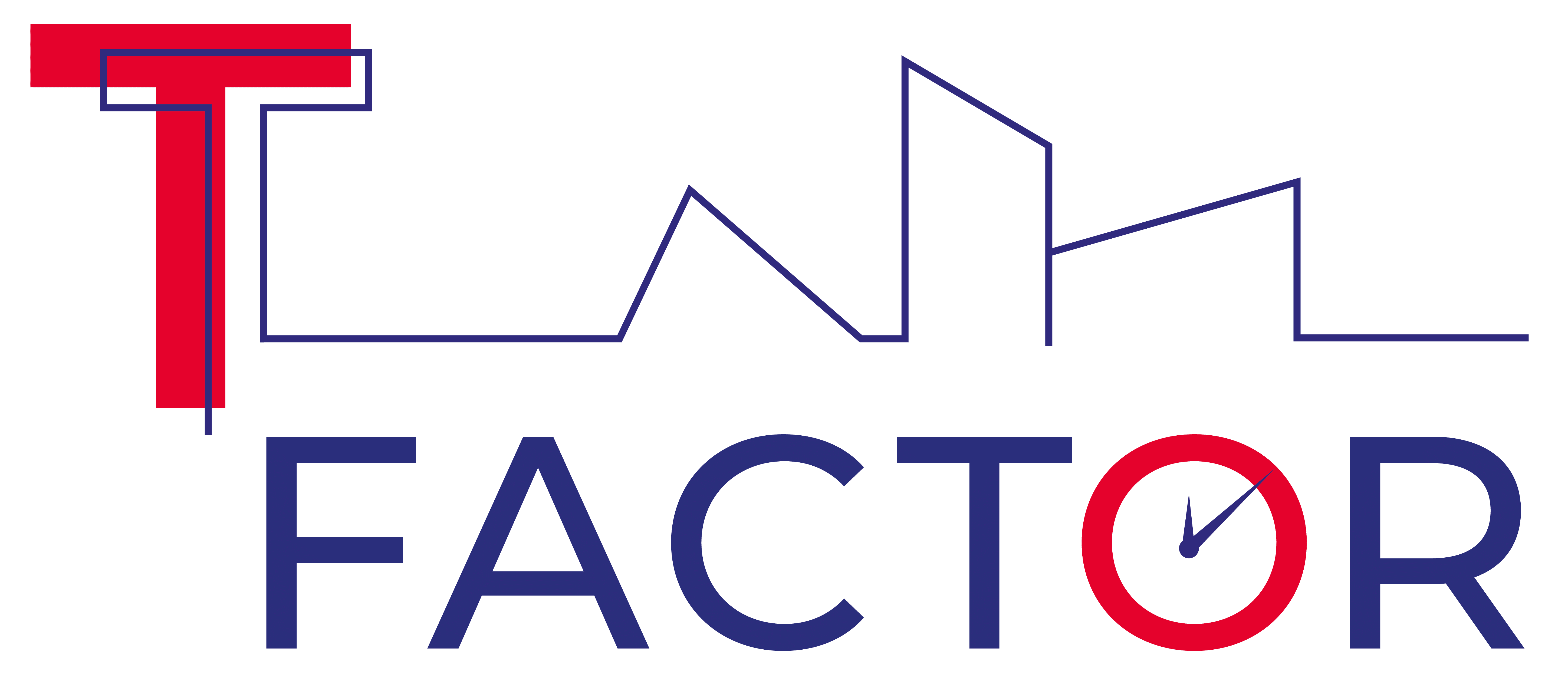/Making cities in the age of uncertainty

/why
the problem

The way we make cities must be rethought deeply. The paradox of urban regeneration is often evident in our cityscapes and the multiple scars witnessed by unfinished neighbourhoods, brand-new buildings standing empty, soulless districts and dynamics of displacement often labelled as ‘gentrification’. At the time of multiple crises and uncertainty, the paradox of urban regeneration risks becoming the more tangible evidence of structural failures in the ways we equip cities for the future.
We urgently need new urban regeneration models and tools. Urban regeneration is not only about cities’ hardware such as buildings and infrastructure; it is a fundamental reboot of the urban software - the social, economic and cultural fabric that makes cities thrive, persist and adapt in the face of rapid change and complexity.
/what
Meanwhile USE
Prototyping participatory urban futures



Temporary or meanwhile uses are on the rise across Europe. Vacant buildings, plots and unused spaces are more and more used as temporary sites for co-creative experimentation, unlocking a multitude of innovative cultural, social and entrepreneurial activities. Often, these initiatives are key to build shared public value and rewire the social, cultural and economic fabrics of areas under redevelopment and regeneration. In many cases, they are well positioned to become permanent fixtures of local landscapes, acting as prototypes of future urban uses and identities.
/our mission




T-Factor is a collective effort of many organisations across Europe and beyond, including cities, universities, businesses, and grassroots communities. Together, we are committed to create new knowledge and tools for temporary use that can contribute to realise inclusive and thriving futures in cities.
The project develops temporary use programmes within the realm of regeneration initiatives across Europe and China, harnessing culture and creative collaboration to prototype urban hubs of sustainability, social innovation, and inclusion. Throughout this journey, T-Factor also leverages the experience of advanced cases of urban regeneration that have shown pioneering approaches to temporary urbanism.
Working across both early and advanced regeneration initiatives,
T-Factor ultimately aspires to foster sustainable and resilient communities, empower local stakeholders, and inspire global dialogue on the role of temporary use in shaping vibrant, equitable, and adaptable urban environments for generations to come.
/where
We work



In T-Factor, we work across both early stage and advanced regeneration initiatives in Europe and beyond:
• 6 early stage initiatives - T-Factor’s pilots - host the development of place-based programmes of temporary uses, harnessing culture and creative collaboration to prototype urban hubs of innovation, inclusion and entrepreneurship.
• 8 frontrunner initiatives - T-Factor Advanced Cases - work as our primary source of inspiration and learning.
/t-factor
in numbers




7 pilots
7 early stage regeneration sites across Europe and China (T-Factor’s Pilots), committed to create innovative cultural and creative urban hubs.
8 advanced cases
8 advanced cases of regeneration across Europe and beyond, providing knowledge and learning about meanwhile strategies and approaches.
12 countries
EU and non-EU countries.
+€10 BILLION
Public-private investment at pilot sites.
+200 Stakeholders
Stakeholders engaged at pilot sites.
26 partners
Cities, universities, businesses and grassroots organisations working as an international community of practice.

